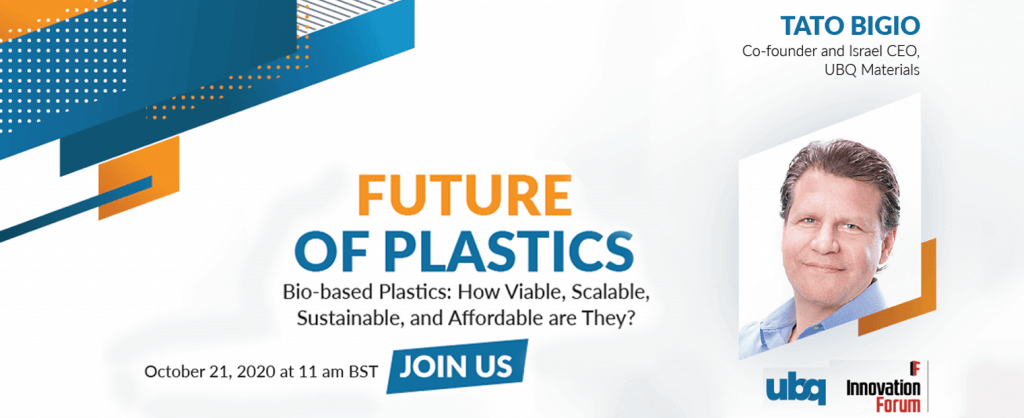Throughout industrial history, significant economic gains have been made through the intensive use of non-renewable resources, including fossil-fuels. Today, with those resources diminishing and becoming increasingly expensive to extract, bio-based materials such as bioplastics are considered a sustainable alternative solution.
The demand for bio-based plastics that incorporate vegetable material in their manufacturing has dramatically increased over the last few years. This is encouraging, but there’s still some confusion over the terms bio-based and biodegradable plastics as they’re used in environmental discussions and claims. What do each of these terms mean, and how are they different from one another?
Bio-Based Plastics vs. Biodegradable Plastics – Main Differences
In simplest terms, bio-based refers to the origin of a plastic whereas biodegradable refers to the compostable characteristics of a plastic. To better explain just how sustainable bio-based plastics are, let’s expand on that a bit. Biodegradable plastics are designed to decompose and degrade under the right conditions. Those “right conditions” include coming into contact with naturally-occurring enzymes in soil, compost, or water. These materials are a sustainable alternative in some applications where biodegradability is the desired end-of-life alternative. Agricultural films, for example, often use biodegradable plastics. The key point to remember is that biodegradable plastics may or may not be bio-based.
- Bio-based plastics, on the other hand, are all about renewable raw materials such as corn, sugar, and wheat. These natural materials use chemical or biological processes to create polymers. Examples include PLA (polylactic acid), a 100 percent bio-based plastic that’s typically produced from corn, and bio-PE (bio-based polyethylene), which uses sugar cane.
- Lastly, bio-based composite materials are fiber-reinforced materials that are completely or partially made from renewable raw materials. These composite materials are most frequently used in the automotive sector, construction industries, and in electronics casings.
Bio-Based Plastics Advantages
Since we know that less than 10 percent of all waste plastic is currently recycled worldwide, plant-based plastic offers more sustainable opportunities when compared to fossil-fuel based plastics. An important component of global sustainability, bioplastics represent an effective and promising way of improving the environmental impact of a product.
Two other key advantages include:
- As they grow, plants absorb atmospheric carbon. Therefore, bio-based plastic has the significant and unique potential to either reduce greenhouse gas (GHG) emissions or be carbon neutral. Producing plant-based plastics results in the temporary removal of GHGs like CO2 from the atmosphere, an effect that can be extended by recycling and reusing the materials as often as possible before they’re used for energy recovery.
- Bio-based plastics have the potential to “close the cycle” and increase resource efficiency. Depending on end-of-life outcomes, this means these renewable resources are used to produce either durable products that can be reused, recycled, or converted into renewable energy or ones that are biodegradable and compostable and can be organically recycled to create valuable biomass that’s used to grow new plants.
Along with decreasing our dependence on limited fossil-fuel resources, biobased plastics also help divert bio waste from landfills and increase waste management efficiency.
UBQ’s Sustainable Solution
UBQ Material uses ordinary household trash and food waste to create a sustainable and recyclable product which, unlike conventional plastics, doesn’t rely on fossil fuels. Clean, sustainable, and cost-effective, the UBQ process takes everyday garbage such as cardboard, garden trimmings, and dirty plastics and transforms them into a climate-positive material, or thermoplastic, that can be used in a wide range of products in a diverse range of industries.
Mechanically recyclable and 70% organic, UBQ is a new, sustainable thermoplastic that’s designed to help reduce harmful gas emissions while helping manufacturers reduce their global footprints. Get in touch with us today to learn more.


